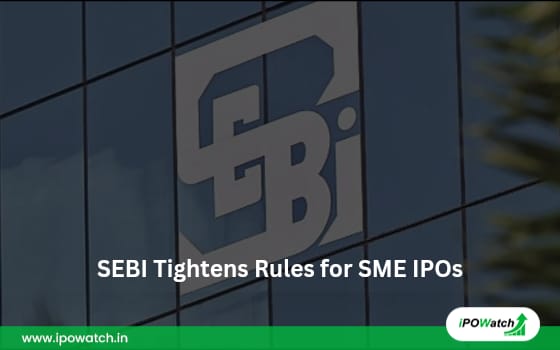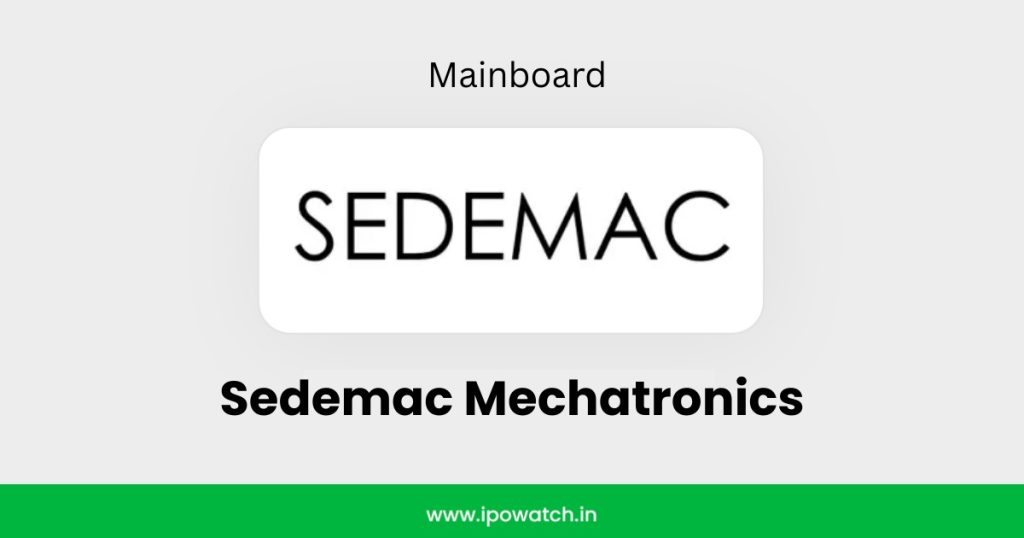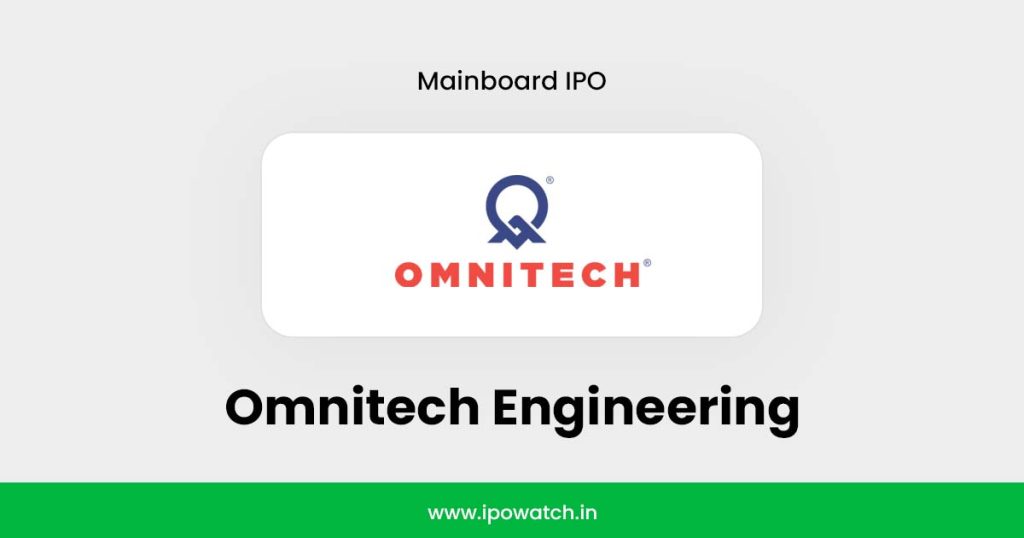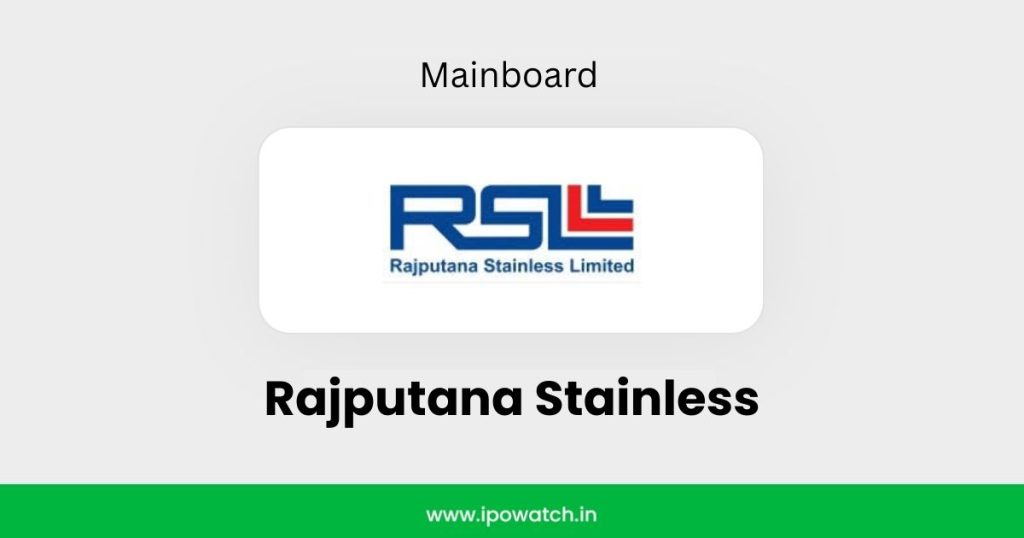The Securities and Exchange Board of India (SEBI) proposed new regulations on Tuesday aimed at enhancing investor protection and boosting market credibility for SME IPOs. One of the key changes is an increase in the application size for investing in SME IPOs, raising it to Rs 2 lakh per application. It is said that this amount might be raised up to 4 lakh.
Additionally, non-institutional investors will receive shares through a draw of lots, similar to retail investors. These changes ensure that only informed investors with an appropriate risk appetite participate in the market. The proposal suggests that the NII share allocation will be divided, with one-third reserved for smaller applications and two-thirds for larger ones.
The SEBI consultation paper also recommends limiting the ‘Offer For Sale’ portion in SME public issues to 20% of the total issue size. Currently, the rule for SME issues to be considered successful requires a minimum of 50 allottees in the public issue. SEBI has proposed raising this requirement to 200 allottees.
SEBI wants to extend the time promoters must hold onto their shares after an IPO, from one year to five years. It also stated that promoters can sell their stakes in two stages: half of the shares after one year and the remaining half after two years.
SEBI’s new rule states that companies raising more than Rs 20 crore must have a monitoring agency to ensure the funds are used for their intended purposes. Even if a monitoring agency is not required, It is suggested by SEBI that a certificate from the company’s auditor be provided every six months. This auditor’s certificate must be submitted to the stock exchange along with the financial statements.
Furthermore, if the company raises more than Rs 5 crore, it is necessary to submit a statutory auditor’s certificate every six months to confirm that the funds are being used appropriately.
According to the new proposals, SME-listed companies with a paid-up capital of more than Rs 10 crore and a net worth above Rs 25 crore must submit quarterly reports on their board composition, committee meetings, and governance.
Shareholding patterns, financial results, and any discrepancies will also be required to be filed on a quarterly basis, instead of every six months, to improve transparency and accountability.
According to SEBI, a total of 565 exclusive companies have been listed on the NSE platform, while 524 Leading companies are listed on BSE, wherein 322 SME companies have transitioned to the MainBoard, And 140 from NSE SME, 182 from BSE SME on Oct 15, 2024.
As of October 15, 2024, there are 417 companies listed on the NSE SME Exchange with a market capitalization of 1.31 lakh crores, while 328 companies are listed on the BSE SME Exchange with a market capitalization of 68.5 thousand crores.





